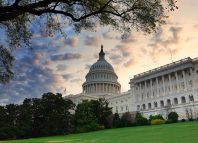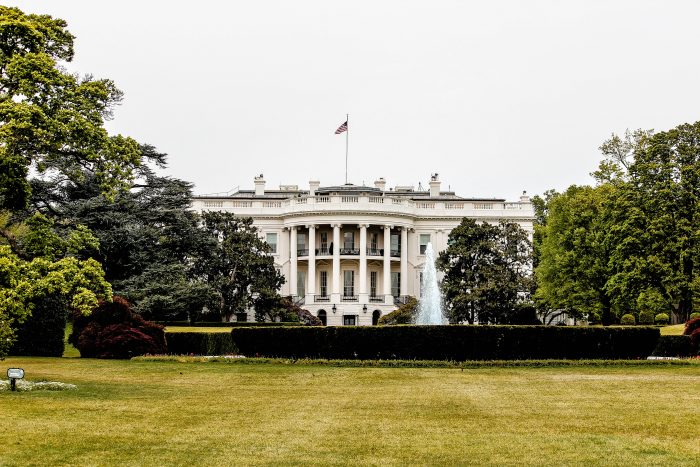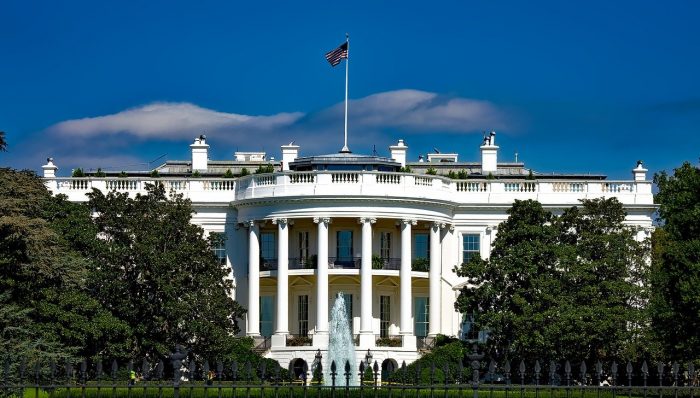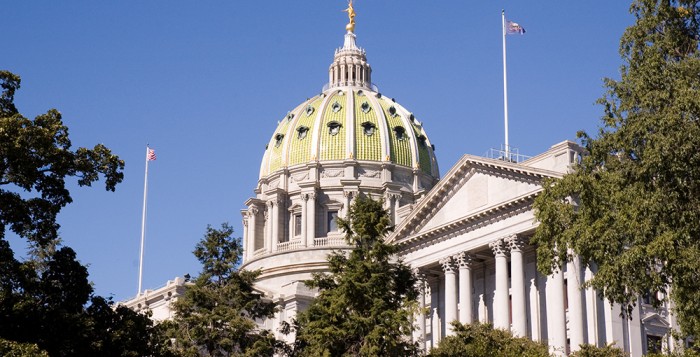RCPA provided some late updates yesterday on the Federal funding freeze, and late last evening, the National Council for Mental Wellbeing provided members a legal interpretation on the rescinding of the Office of Management and Budget (OMB) M-25-13 and the issuance of the new memorandum M-25-14.
The following is from the National Council:
On Wednesday afternoon, the White House Office of Management and Budget issued a new memorandum—M-25-14 — that rescinded the pause to federal funding contemplated in a previous memorandum first issued on Monday night.
The new memorandum, which was directed to “heads of executive departments and agencies,” features a two-sentence statement reading: “OMB Memorandum M-25-13 is rescinded. If you have questions about implementing the President’s Executives Order, please contact your agency General Counsel.”
In the short term, M-25-14 certainly relieves some of the confusion and anxiety that swept across the federal grants world since Monday night. Our previous client alerts have chronicled the chaos that emerged late Monday and throughout the day on Tuesday.
However, in our review, there are still five key Executive Orders issued by the Trump Administration not affected by the rescission of M-25-13. Those EOs include:
While the upheaval following the issuance of M-25-13 may have prompted the Trump Administration to change course and move away from pausing all federal funding, we certainly anticipate that federal grants in the above-listed areas will remain subject to a comprehensive review and new standards. Federal grantees with programs in these specific areas should undertake a detailed review and be prepared for future agency actions.
Federal grantees should continue to keep apprised of the Administration’s actions, orders, and statements relating to federal funding — as the rescinded memorandum likely foretells future clashes as the Administration attempts to exert control over federal spending.
Chuck Ingoglia
President & CEO
Strategic Leadership
National Council for Mental Wellbeing
In addition, ANCOR sent the following information last night:
In what’s turning from a whirlwind couple of days into a whirlwind week, there were notable updates today on the OMB memo on the freeze of certain federal funding issued earlier in the week.
Today OMB withdrew the memo with a simple rescission statement after a federal judge temporarily blocked the funding freeze for open awards and current spending. The order remains in effect until February 3 when a hearing is scheduled to determine next steps.
As you may have seen, later in the day, Press Secretary Karoline Leavitt posted to X, “[t]his is NOT a rescission of the federal funding freeze. It is simply a rescission of the OMB memo. Why? To end any confusion created by the court’s injunction. The President’s EO’s on federal funding remain in full force and effect, and will be rigorously implemented.” Without further specificity regarding the implicated executive orders, the situation remains fluid with the potential for later memos or other interpretive guidance which the White House maintains is authority held within the executive branch.
In other litigation, U.S. District Judge Jack McConnell made statements in court today indicating that another restraining order may be coming. With the memo rescinded, the Department of Justice Special Counsel argued the case is no longer relevant. However, the judge did not appear persuaded and asked for a draft protective order for response and consideration.
We’ll continue to keep you posted as we know more and hope to see you Friday (1/31) for our extended Members-Only Weekly Briefing at 12:30 pm ET to provide updates and review all available information together. See login information below:
Join Zoom Meeting: ancor-org.zoom.us/j/…
Meeting ID: 870 2745 7284
Passcode: 977618
In recent communications from the OMB, these actions will not impact programs that provide direct benefits to individuals and are explicitly excluded from the pause and exempted from this review process. In addition to Social Security and Medicare, already explicitly excluded in the guidance, mandatory programs like Medicaid and SNAP will continue without pause.
RCPA will continue to communicate new developments with members as they emerge. If you have any questions, please contact your RCPA Policy Director.














 David DeMatteo, JD, PhD, ABPP (Forensic), will present “A Legal Primer for Mental Health Professionals,” a live webinar that is a part of the Behavioral Health Education’s (BHE) Speaker Series, on Thursday, January 30, 2025, from 10:00 am – 12:00 pm ET. Attendees can earn 2 CE hours for $18. Register for the webinar
David DeMatteo, JD, PhD, ABPP (Forensic), will present “A Legal Primer for Mental Health Professionals,” a live webinar that is a part of the Behavioral Health Education’s (BHE) Speaker Series, on Thursday, January 30, 2025, from 10:00 am – 12:00 pm ET. Attendees can earn 2 CE hours for $18. Register for the webinar 

